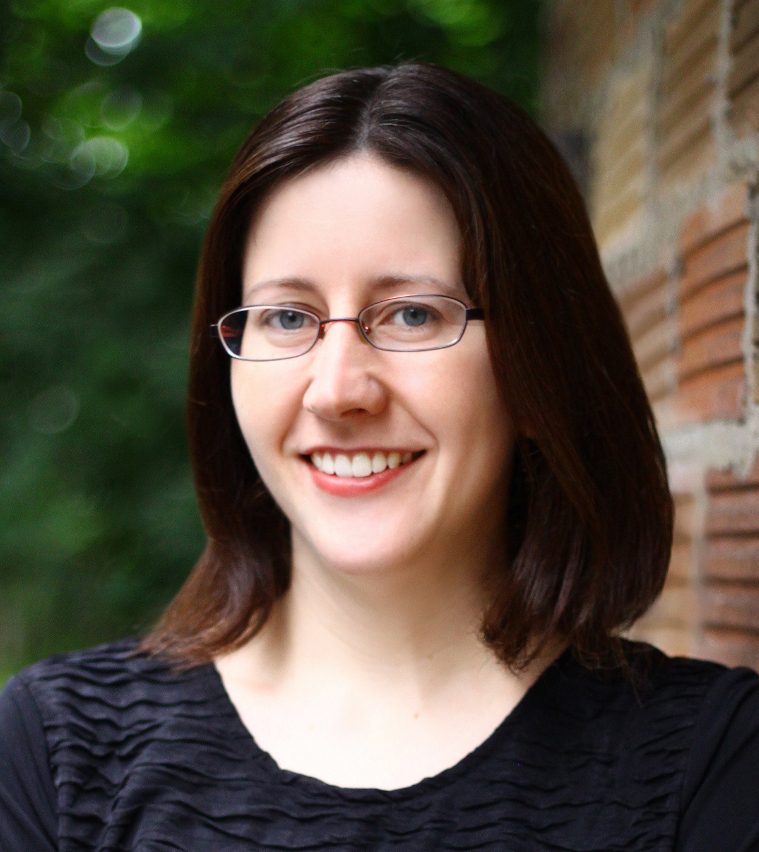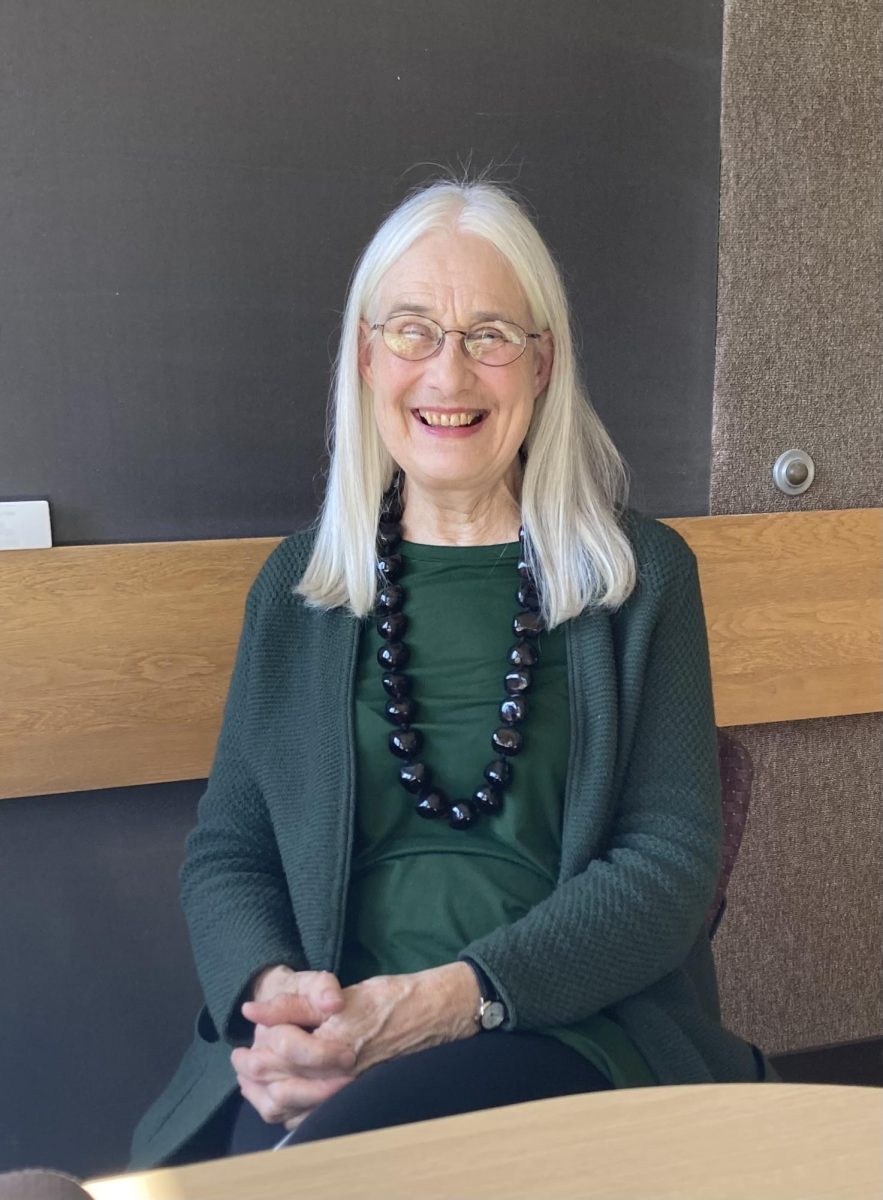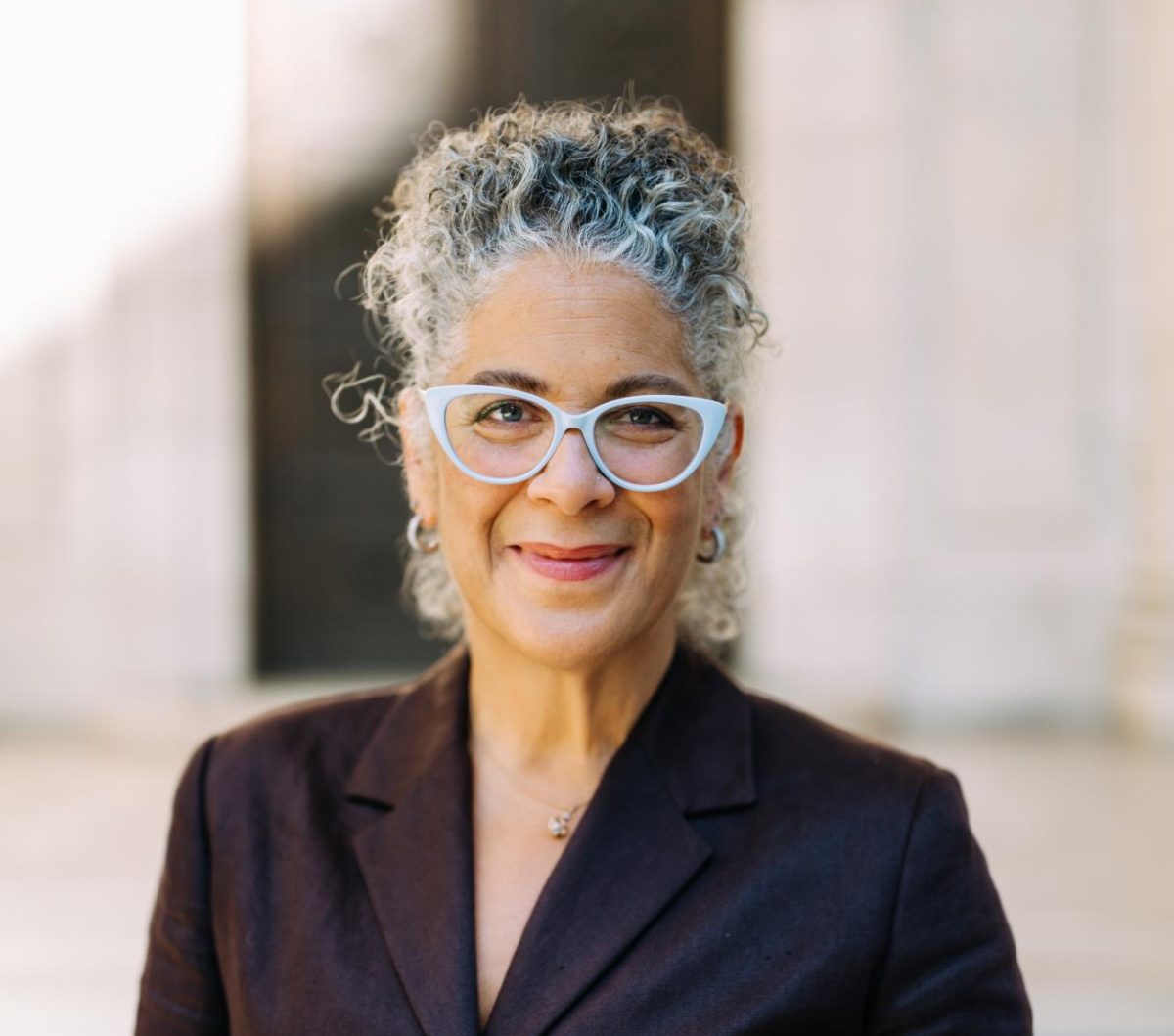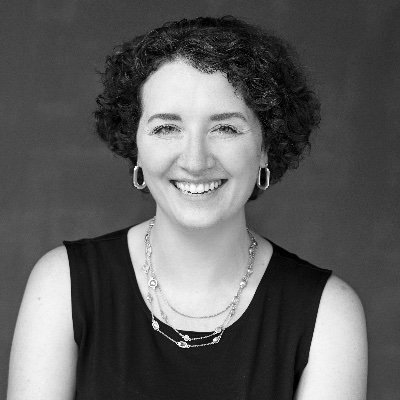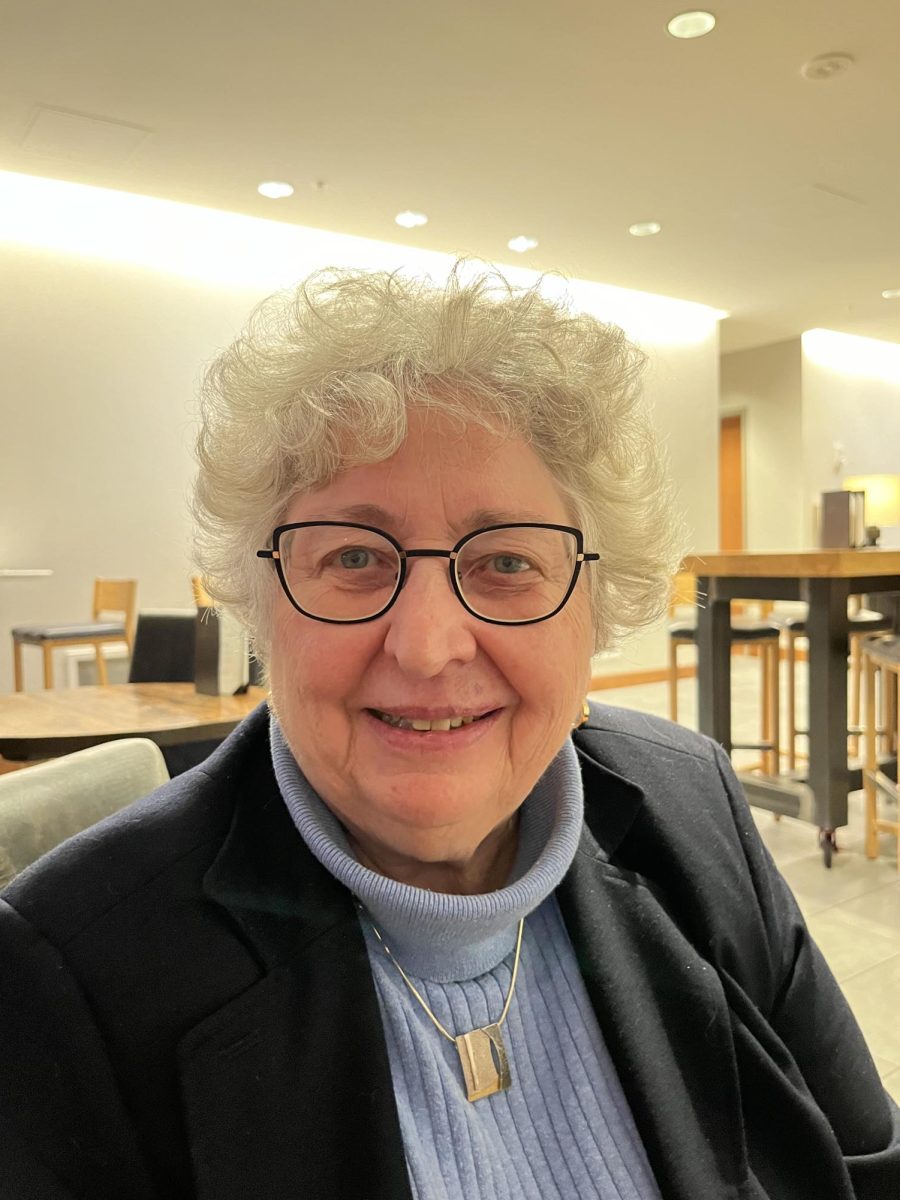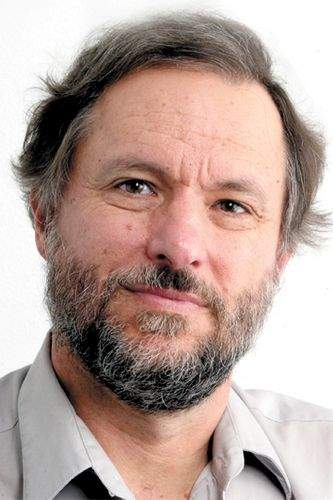Ani Zakarian is a College fourth-year studying Politics and currently serving as president of the Oberlin Student Cooperative Association. Next year, OSCA will renegotiate its rent contract with Oberlin College. The last rent contract, negotiated in 2020, ended the Kosher-Halal Co-op and Fairchild Co-op and detrimentally impacted OSCA financially, causing the organization to raise prices for its members.
This interview has been edited for length and clarity.
Can you tell me about your journey with OSCA?
I actually wasn’t in OSCA until my second year, funnily enough, and I can’t imagine life before it now. I remember the moment that I decided I wanted to join OSCA was at Porchella, a music festival that Tank Co-op puts on. I had some friends in Tank and we went up to the Tank porch to grab lunch. I knew what OSCA was conceptually; I knew it was an organization where the students are making the food and cleaning it up, but it wasn’t until that moment where the product — a meal with friends — was in front of me that I realized the scope and the scale of what OSCA pulls off every day, twice a day. I was just so impressed by it, and I was excited that I could be a part of that. I’m still often very impressed by it.
Speaking a little bit about my journey inside OSCA, my first year as a member I was Sexual Health and Harm Information Liaison, and then I was the student administrative assistant and I got to work very closely with our financial manager, Linda Doan. That was my first understanding of the massive financial aspect of OSCA. Then, I was the summer assistant and I got familiar with our membership processes. Last year, I was lucky enough to be the OSCA Oberlin College Liaison, where I got to start to really understand the reality of our relationship with the College. It’s proven really valuable to have somebody in a position this year who’s a familiar face to the College, because we do have so much turnover with student leadership every year — so much can get lost with historical memory even within a year.
Why is OSCA important to you and to this campus?
To me, OSCA is really special because it promotes independence both in the sense that we are an independent organization from the College, and we are practicing independence as individuals but alongside each other and in pursuit of a larger cooperative project. I think a lot of the time in higher education, people’s first taste of independence can be really isolating or individualistic. What OSCA does, which is really special, is that it promotes independence, absolutely, but in a communal way that we’re all progressing in that sense together.
I think that OSCA promotes its place on campus as somewhere that is really welcoming and inclusive. Because of our independence from the College, we’re unaffected by the bathroom bill that the College is currently dealing with. I’m just grateful that OSCA has the opportunity to continue being that place on campus during a time that it really matters.
Tell me more about what it means to be president of OSCA.
As president, I am overseeing a team of roughly 28 student staff members and four full-time professional employees. I facilitate weekly management meetings, operational meetings, and personnel meetings — which are essentially human resources meetings. I sit on our board of directors, which is made up of representatives from each of the co-ops and three other officers of the organization. Outside of some of the more mundane, everyday tasks, which take up a lot of time, I also have the responsibility alongside the other officers to do long-term planning towards OSCA’s financial and cultural longevity — protect the organization from liability, represent the organization to external bodies, and negotiate contracts and maintain our relationship with the College.
Are you in communication with OSCA alumni or with co-ops at other schools?
We have an alumni organization, it’s called OSCAlums, which I meet with pretty regularly. They do a lot of fundraising for us as well. We have a very strong alumni base who are paying attention to the outcome of rent contracts. People in OSCA are really dedicated, and I think they only get more dedicated once they’re out of OSCA. We used to have more relationships with other cooperatives through the North American Students of Cooperation, but we still send some students to a conference every year where they give presentations and go to different kinds of workshops led by other student cooperatives.
You worked with a union last summer. Can you talk about how that work relates to your job with OSCA?
I worked at Unite Here Local 274, a hospitality workers’ union in Philadelphia, which has a really, really strong Oberlin connection. I think it’s great that that internship and Oberlin’s connection to the labor movement in general is being solidified through the Learning and Labor Program. It was a really life-changing experience, and I plan to return after I graduate.
Participating in negotiations between the union and the companies has been the most directly applicable experience to the aspect of my job that is preparing for a rent contract. I don’t think I could have found better prep anywhere else. Sitting in on union negotiations, I was able to understand what actually goes into legal negotiation and how to effectively bargain and negotiate, and also really thoughtfully make decisions on behalf of a large group of people.
Let’s talk about this current semester. Can you tell me about the upcoming rent contract and why it’s important?
I don’t expect that the rent contract will be as contentious as one between a union and a company. In fact, this year, I’m happy to say that our relationship with the College has been exceedingly positive. Because of that, I want to promote an optimistic attitude going into it, both for current OSCAns and alumni who obviously are really invested in how it turns out.
Our rent contract is going to be the negotiation between OSCA and the College. The College is our landlord and the rent contract negotiation is how we determine how the next four years of a renting relationship will look between OSCA and Oberlin as two separate entities.
There is a lot of reason to have optimism towards this rent contract. Every interaction I’ve had with people on the College’s side has given every indication that it will be a smooth process. I think both parties have a vested interest in what is fair. Every memorandum that we’ve been able to negotiate since the last contract has been on the basis of revenue neutrality and what is fair to both OSCA and the College.
Outside of that, one thing I’m hoping to continue working on as we get closer to the rent contract is continuing to show the College the value that OSCA brings to Oberlin, so that all of our negotiations can be technical, on paper ones, and not a negotiation of values or of OSCA’s importance.
Higher education at large is going through a lot of changes right now because of our political climate, and I think that makes OSCA all the more valuable on campus as a separate entity that can continue to operate with the same values that it always has. As Oberlin and higher education in general starts to really change, I am hopeful that we as a community can correctly identify what is important for us to maintain and safeguard. To me, OSCA is a pinnacle of Oberlin’s values and a pillar of Oberlin’s history.










